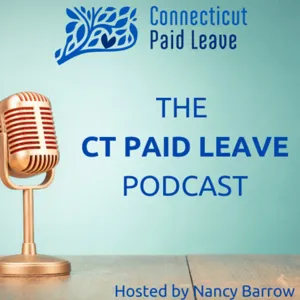The Difficulty of Diagnosing and Treating a Brain Injury

Every 21 seconds, someone suffers from a traumatic brain injury (TBI) in the United States. Most people don't know about brain injuries until it happens to them or a loved one. The Brain Injury Alliance of Connecticut (BIAC) is a non-profit organization that provides resources and support for individuals suffering from brain injuries, whether mild or severe. BIAC extends that support to family members and caregivers. BIAC's Executive Director Julie Peters and Senior Brain Injury Specialist Victor Darr talk about the difficulties in diagnosing and treating brain injuries and the importance of a proper diagnosis to the recovery process. Most of the services they provide are free of charge. They recognize how essential CT Paid Leave can be to both the individual suffering from a brain injury and their caregivers. They say it gives people another resource to access that can help them during a difficult time.
If you or someone you love has suffered a brain injury, you can get information from BIAC's Helpline at 860-291-0291 or by email at general@biact.org
For BIAC information go to: Home of Brain Injury Alliance of Connecticut (biact.org)
CT information at the CT Dept. of Health: 36 INJ Traumatic Brain Injury (ct.gov)
For information about CT Paid Leave go to: CT Paid Leave
https://ctpaidleave.org/s/?language=en_US
https://www.facebook.com/CTPaidLeave
https://www.instagram.com/ctpaidleave/
https://twitter.com/CTPaidLeave
https://www.youtube.com/results?search_query=ct+paid+leave